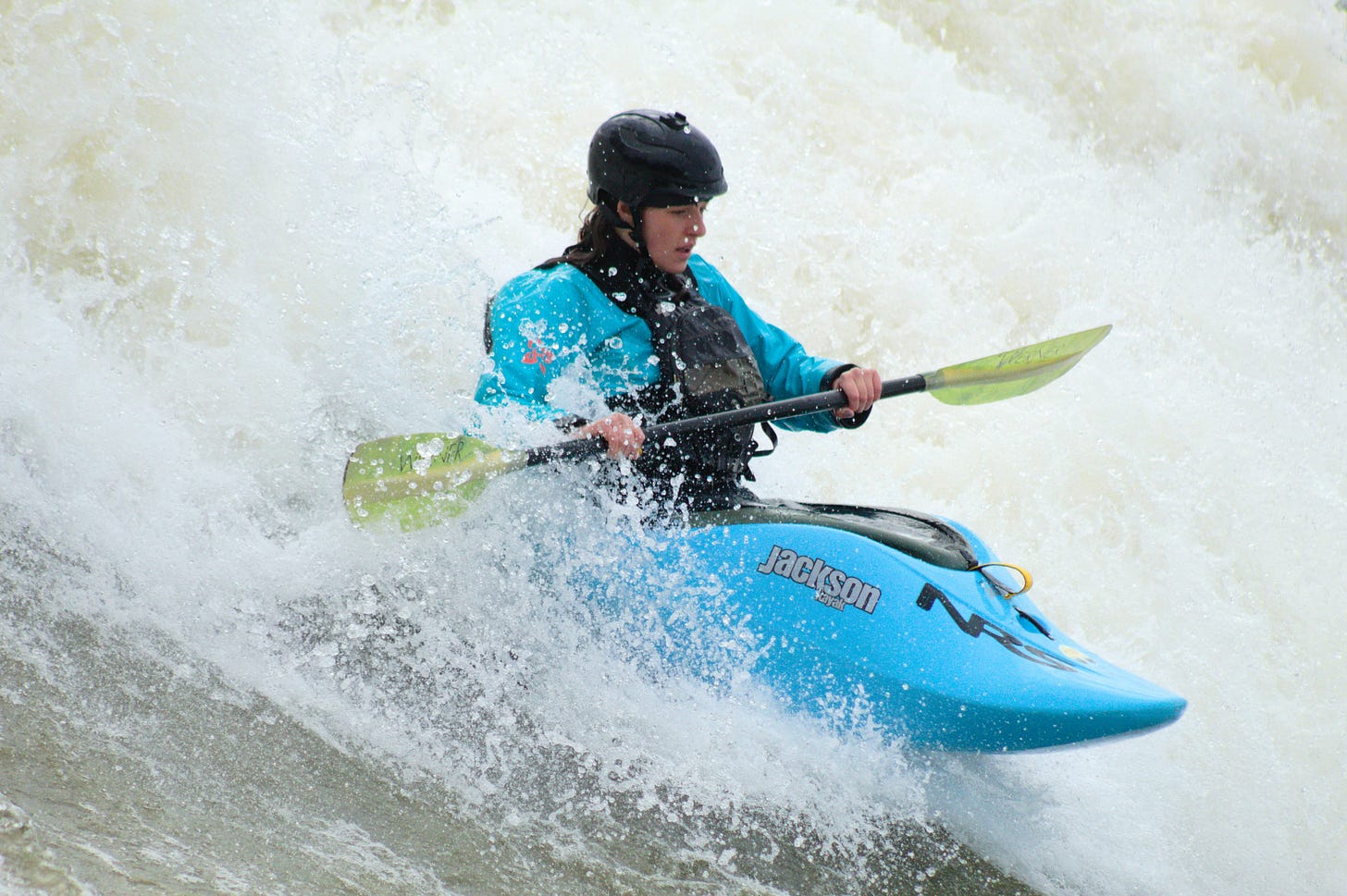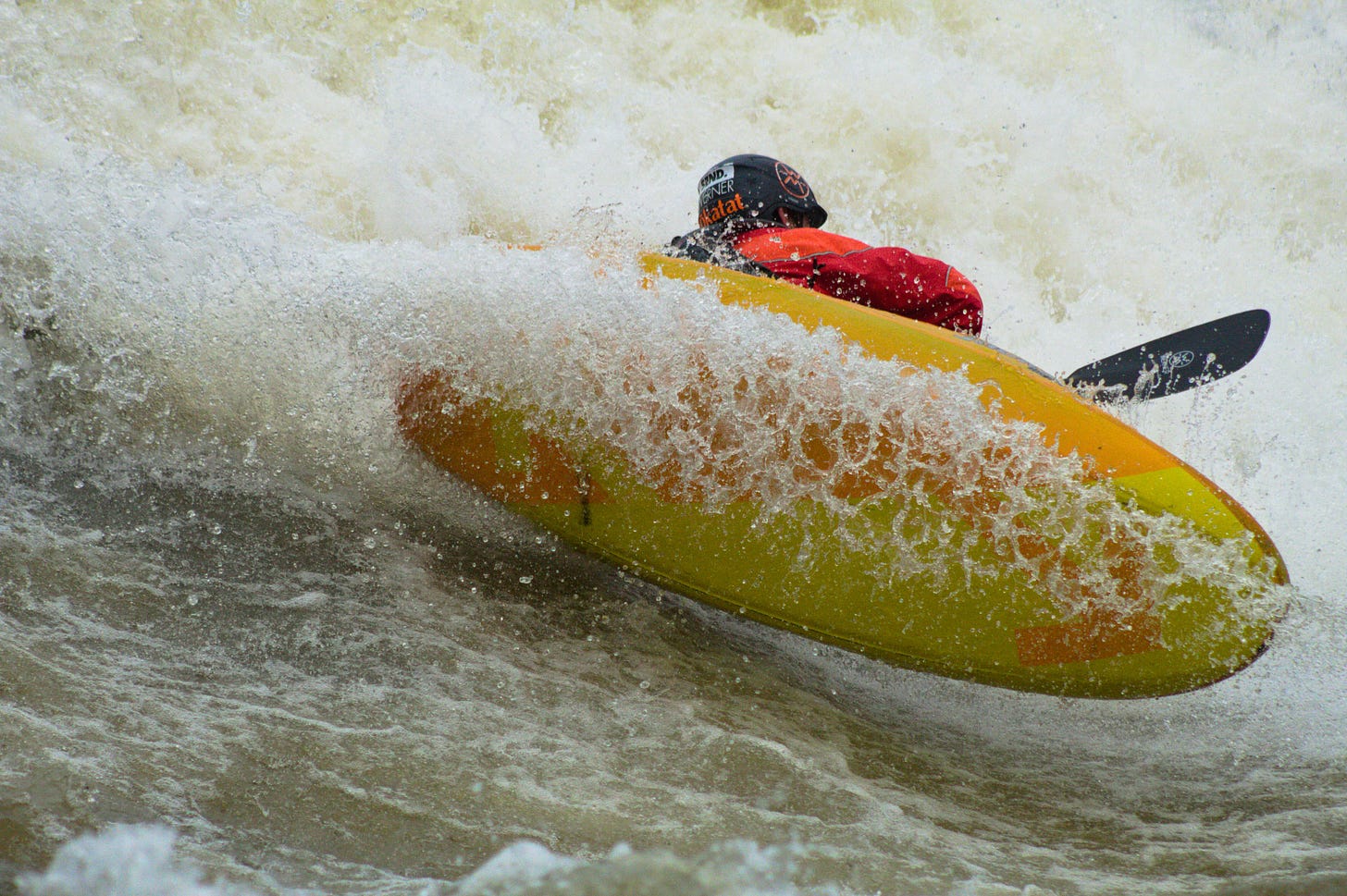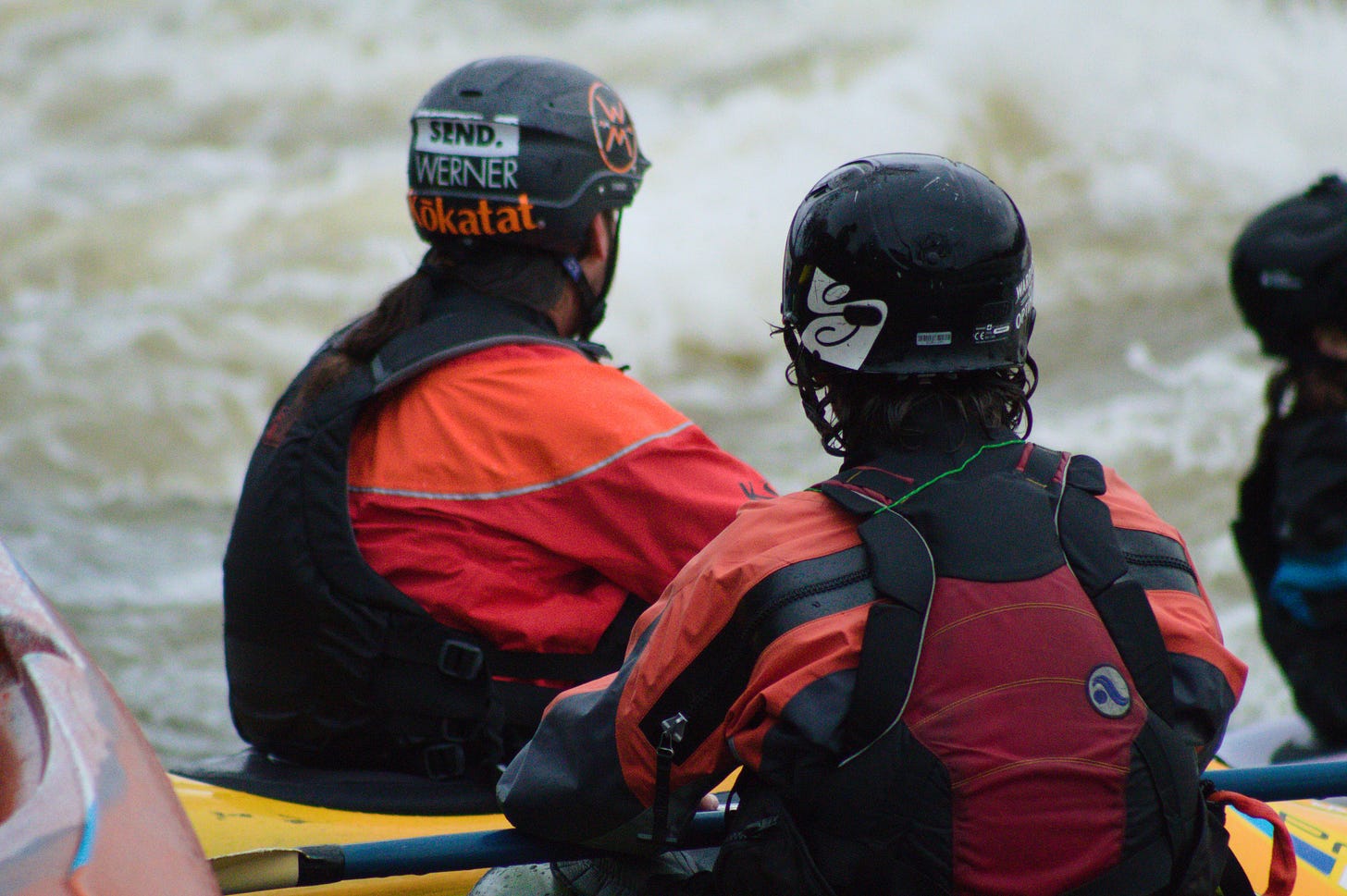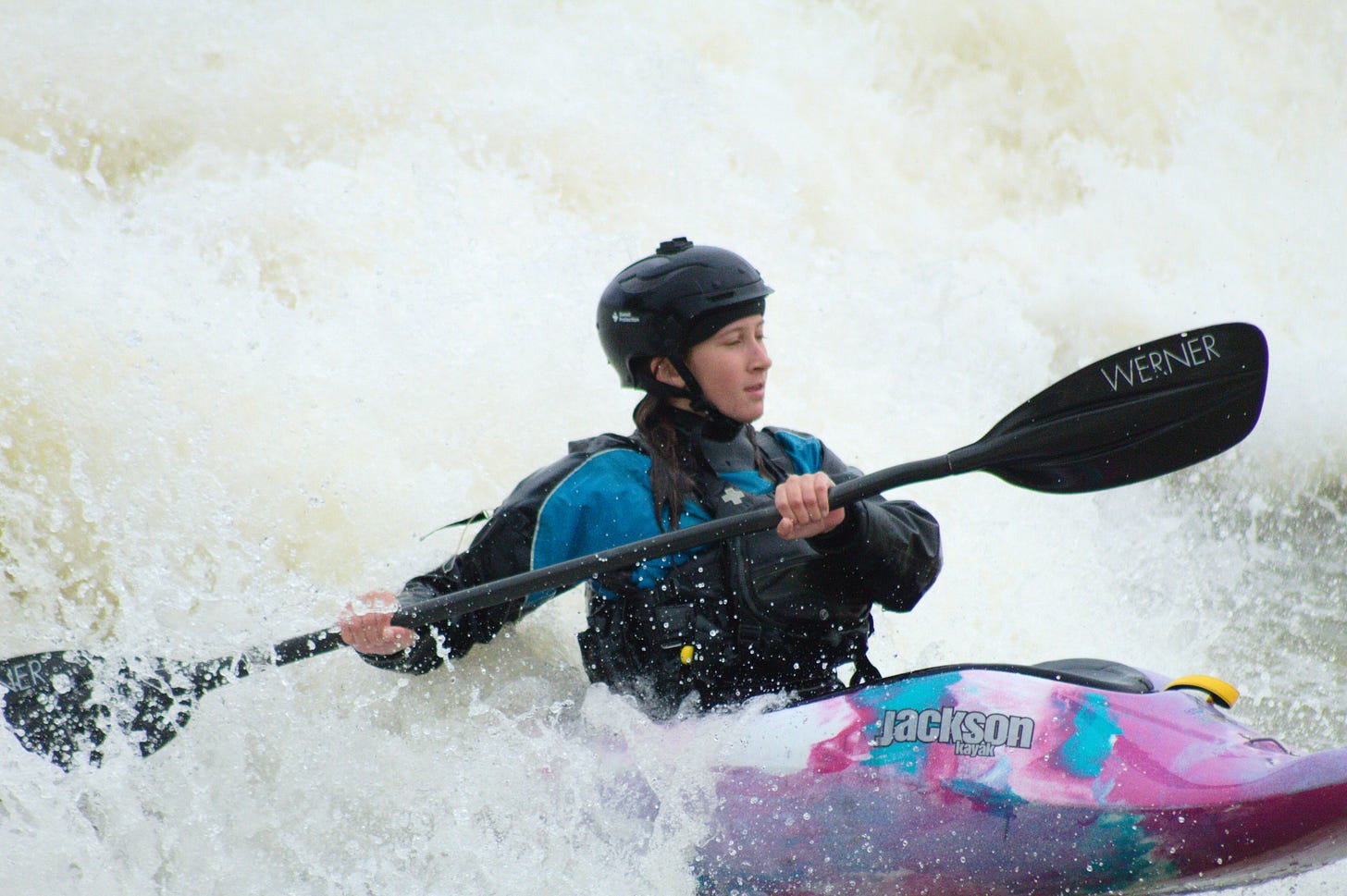Inside the World Class Kayak Academy bubble
A traveling high school and college preparatory academy out of White Salmon, Washington, World Class has adapted to the pandemic in a way most schools cannot: by forming a bubble within the school.
COLUMBUS, Georgia — The typical high school experience for many people is filled with the ringing of bells, crowded hallways, and trying to find your next class amongst hundreds of students. But for the 16 students on the roster of the World Class Kayak Academy, their day is filled with morning workouts, studying, and concluded with whitewater kayaking.

“It’s awesome to go kayaking every day, to always be busy and always be doing stuff,” said Julia Markoff, a senior from Driggs, Idaho, in her first year at World Class.
World Class Kayak Academy is an international traveling high school and college preparatory academy based out of the Columbia River Gorge in Washington state. It travels the world while focusing on a high-end education and whitewater kayaking.

Unlike traditional high schools, students live and travel with each other for seven days a week, 28 weeks out of the year. The school is broken down into four, seven-week quarters, with multiple-week breaks in between the quarters for students to return home and visit family.
Students and staff will normally spend each quarter in a different region of the world, immersing themselves in different cultures while receiving an education and kayaking different rivers.
“It actually ends up being some of the best education I think that young adults can receive,” said Program Director Kalob Grady. “Not only are they in class for four to eight hours a day, but they’re also learning how to live with other people. They have to travel and see things in different ways.”

However this year, with COVID-19 spreading worldwide and many borders closed, the school has had to adapt.
All 16 students this quarter are American, a rare sight for the school. Last year, pre-pandemic, the school had international students from countries such as Chile, Argentina, Germany, Switzerland, and the United Kingdom.
“It’s pretty crazy when you can assemble an American-based group of students and then have the Americans be kind of the minority in the group,” Grady said.

To account for the coronavirus though, the academy has yet to travel outside of the United States as it normally does. Because of the way the academy is set up, it’s been able to do something that most schools in the United States are unable to do: form a bubble for its staff and students.

Before each quarter starts, Grady said the school implements a strict in-field quarantine for two weeks. The students still participate in workouts and school together while in quarantine but operate in smaller groups within the program to limit interaction. The school is also on high alert on hand-hygiene and mask-wearing during the two weeks, while waiting for the group’s coronavirus test results.
“We get our negative tests back for the group, then we get a second round of negative tests back for the group and we can ease those restrictions,” Grady said. “We’ve established our bubble of 20 people, now we can go running, play ultimate frisbee, or have classes close together without mask use.”
Even with the negative tests within the group, the school is still strict on its students in public places. Senior Ava Christensen from Charlotte, North Carolina, is in her second year at World Class and explained what it’s like to be a student in the bubble.
“We have a pretty tight bubble at school,” Christensen said. “We can’t go places without masks. We’re not allowed to go into stores or walk around. Usually, when you go to another place, you get to go hiking and do all that other stuff, but right now we just stay at our house, do workouts and go kayaking. It’s still pretty great, but not the same.”

World Class began its first quarter in the pacific northwest, traveling from the Columbia River Gorge in Washington, to the Salmon River in Idaho, and then to Tumwater Canyon in Washington.
The students then went home for a fall break before reassembling a couple of weeks later in Fayetteville, West Virginia.
From Fayetteville, the academy traveled on a biweekly basis through Asheville, North Carolina; Long Creek, South Carolina; and will finish the second quarter in Columbus, Georgia. Once the quarter ends, the students will fly out of Atlanta to their respective hometowns for a six-week winter break.
Grady said that tentatively the school plans to reconvene on Jan. 24, 2021, to begin the third quarter in Ecuador. If cases of COVID-19 continue to rise or if the academy decides the risk is too high, they will begin the third quarter in California.
“We feel like we have a pretty good plan in place to bring students down to Ecuador,” Grady said. “Impose our protocols and policies, get ourselves off and running down there for seven weeks.”
It will be the only chance to travel internationally this year, as the fourth quarter will be held at the school’s home in White Salmon, Washington. Nonetheless, despite limitations facing the program due to the pandemic, the students still have high regards for the institution.
"If someone told me 'You can't come back to World Class next semester,' that would be the worst thing that I'd ever heard," Markoff said.




